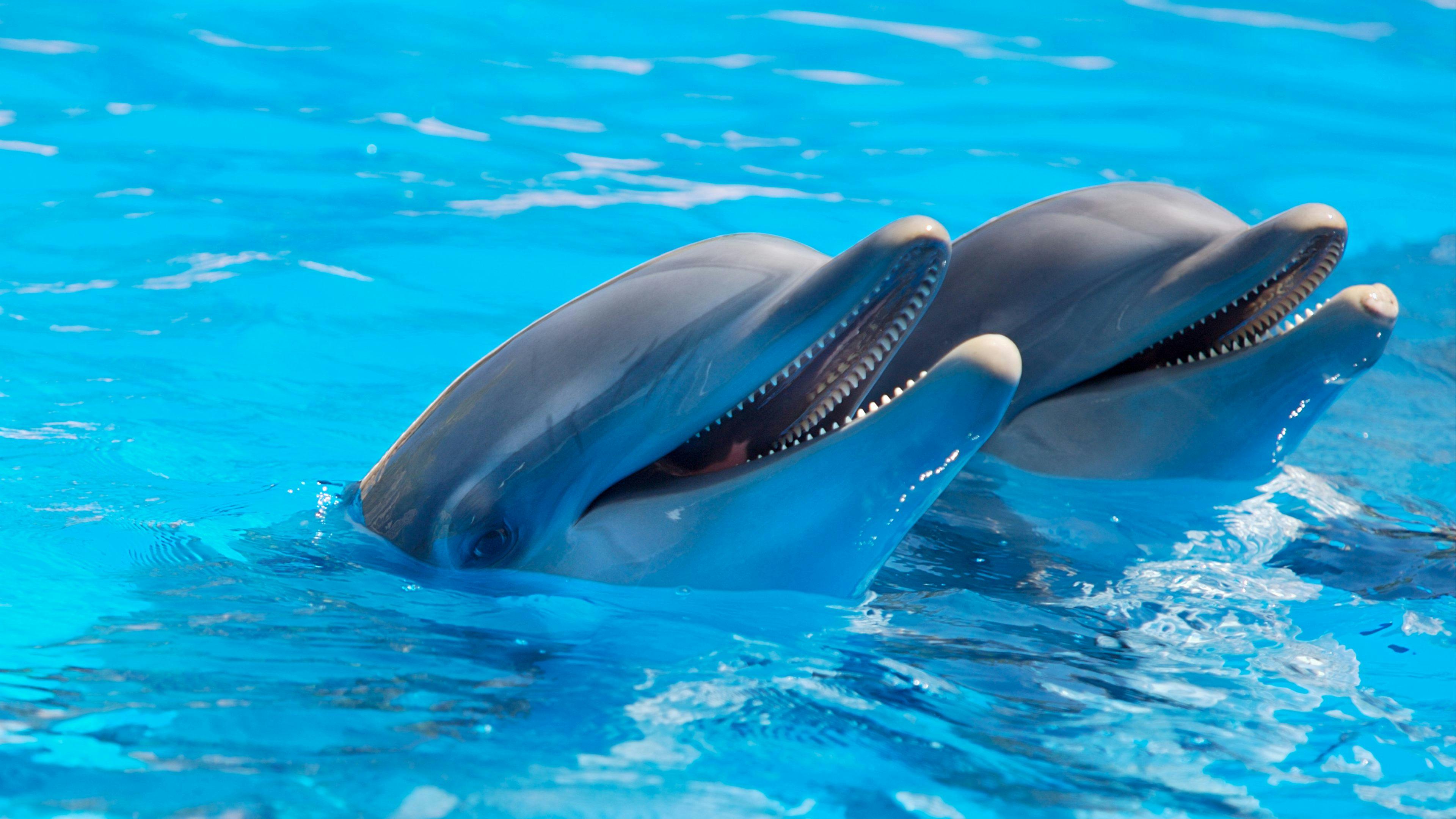"Marine Mammals: Guardians of the Ocean's Ecosystem"
Dive into the world of marine mammals, nature's key players in maintaining the balance of ocean ecosystems. From dolphins to seals, these fascinating creatures offer insights into the health of our seas while invoking a sense of awe and wonder. Marine mammals, a diverse group comprising cetaceans (whales, dolphins, porpoises), pinnipeds (seals, sea lions, walruses), and sirenians (manatees, dugongs), have evolved to thrive in the ocean's depths. These animals are warm-blooded, breathe air, and nurse their young with milk, just like land mammals. Yet, they have developed unique adaptations, such as streamlined bodies and specialized breathing techniques, to survive in aquatic environments.

The evolution of marine mammals is a captivating tale of terrestrial animals returning to the water. Cetaceans, for instance, descended from hoofed land mammals about 50 million years ago. Similarly, pinnipeds evolved from bear-like ancestors, while sirenians share a common ancestor with elephants.
Marine Mammals Today: Current Updates and Developments
Marine mammals are facing an array of challenges in today’s world, primarily due to human activities. Climate change, ocean pollution, habitat loss, and overfishing are among the primary threats. Recent news is abuzz with reports of stranded whales and dolphins, often linked to noise pollution and plastic ingestion.
On a positive note, conservation efforts are making headway. For instance, the grey whale population has rebounded following a ban on commercial whaling. Similarly, protective measures for the Hawaiian monk seal have resulted in an increase in their numbers. These successes highlight the potential for recovery if timely and effective conservation strategies are implemented.
Market Trends: Eco-Tourism and Marine Mammal Conservation
Marine mammals have a significant impact on the tourism industry, particularly eco-tourism. Whale watching, for instance, is a billion-dollar industry, attracting millions of tourists annually. While this brings in revenue and raises awareness about these magnificent creatures, it also poses challenges. Unregulated tourism can disturb marine mammals, affecting their feeding, resting, and breeding behaviors.
The Role of Marine Mammals in Ocean Ecosystems
Marine mammals play a pivotal role in maintaining the health of ocean ecosystems. For instance, whales help sequester carbon by feeding on microscopic plants and animals in the surface waters, then releasing their waste at deeper levels. This process, known as the ‘whale pump,’ promotes the growth of phytoplankton, which absorbs carbon dioxide from the atmosphere and produces oxygen.
Similarly, seals and sea lions help control fish populations, preventing overgrazing of kelp forests and seagrass beds. These habitats are crucial for various marine species and help mitigate the impacts of climate change by storing carbon.
The Need for Conserving Marine Mammals
Marine mammals, often likened to the ‘canaries in the coal mine,’ provide early warning signals about the health of our oceans. Their decline could destabilize marine ecosystems, affecting the livelihoods of millions of people dependent on the sea. Therefore, conserving these magnificent creatures is not just about preserving biodiversity but also ensuring the survival of our planet.
Through understanding, respect, and action, we can help protect marine mammals and the oceans they call home, securing a future where both humans and nature can thrive.




